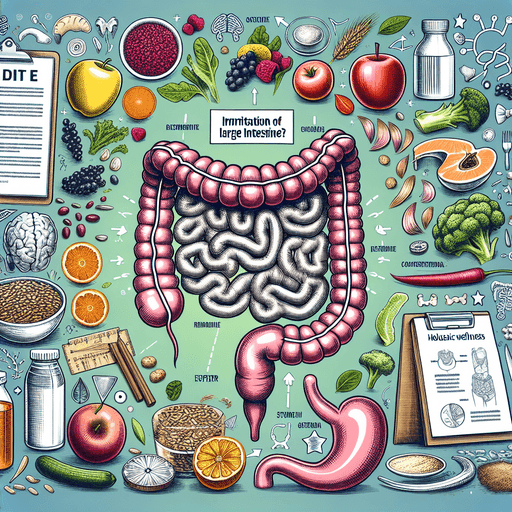Irritable Bowel Syndrome (IBS) is a common gastrointestinal disorder affecting the digestive system, characterized by symptoms such as abdominal pain, bloating, diarrhea, and constipation. Effective management of IBS symptoms often involves dietary adjustments.
Nutritionists frequently suggest a diet focusing on high-fiber, low-FODMAP foods (fermentable oligosaccharides, disaccharides, monosaccharides, and polyols). These FODMAPs can trigger or worsen IBS symptoms. Suitable food choices include bananas, papayas, and oatmeal.
Furthermore, maintaining adequate hydration by drinking sufficient water is crucial, while avoiding caffeinated beverages and alcohol, as they can exacerbate IBS symptoms. For more detailed information about digestive health, please visit [link to relevant resource].
Finally, adopting a pattern of eating smaller, more frequent meals can help reduce the strain on the digestive system and potentially alleviate IBS symptoms. For additional tips on healthy eating habits, consult [link to relevant resource].
